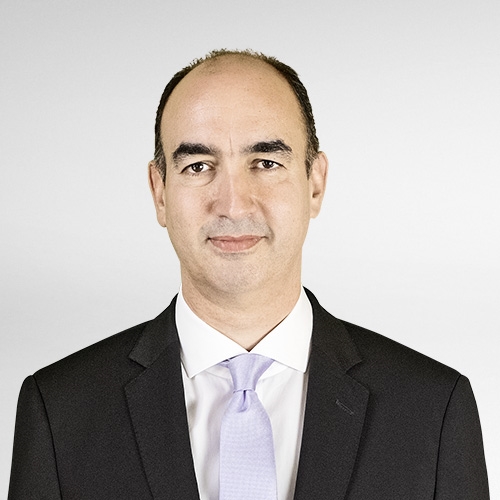Arabesque AM research shows ESG can drive stock value

Combining principles and performance isn’t the most straightforward of tasks. Although environmental, social and government (ESG) considerations are increasingly viewed as a driver of value, putting a strategy into practice can prove difficult with data gathering and analysis presenting two of the most testing challenges.
Arabesque Asset Management, established in 2013 after a management buy-out from Barclays, has found a way to fuse traditional investment techniques with an analysis of ESG issues. So far the results have been impressive. Both of the firm’s funds outperformed their benchmark, the MSCI ACWI, during 2015; its Prime Fund by +140bps and its Systematic Fund by +533bps.
Since inception in August 2014, both vehicles have beaten their benchmark; by +231bps and by +643bps, ranking them within the top 20% and 5% of their Morningstar peers respectively. As a result, Arabesque’s AuM has doubled in the past 12 months and the company’s efforts to make sustainable investing mainstream seem to be on track.
“Building a diversified, transparent equity exposure with risk-controlled downside and integrating nonfinancial information as forward-looking analysis in a quantitative framework is a new style of asset management that we call ESG Quant,” explains Omar Selim, Arabesque’s chief executive. “It is the key to sustainable investing, defined as long-term superior investment returns.”
Arabesque’s proprietary ESG Quant approach involves creating diversified, transparent global equity exposure using forensic accounting to analyse corporate fraud while applying its ESG momentum screening method, based on 200 indicators.
Arabesque’s state-of-the-art technology allocates between cash and equities to protect portfolio drawdown and selects the combination of stocks that minimises portfolio risk by analysing momentum using 1,600 trend signals per stock and Conditional Value at Risk (CVaR) management.
“The numbers don’t lie,” adds Selim. “We have found a remarkable correlation between diligent sustainability business practices and economic performance. Responsibility and profitability are not incompatible.”
Countless academic papers have tried to assess the impact of ESG integration on portfolio performance but many of these statistical studies had shortcomings.
In partnership with Harvard University, Arabesque researched more than 200 academic studies, industry reports, newspaper articles and books. They found that 90% of the studies showed that sound sustainability standards lowered the cost of capital for companies.
Meanwhile, 88% of the researched items showed that solid ESG practices result in better operational performance of firms and 80% of them indicated that the stock price performance of companies is positively influenced by good sustainability practices.
“Given the choice, we can decide to invest in companies that make the right choices for the world we live in. The UN has established the largest corporate responsibility initiative in the world. We therefore exclude any companies that violate the core principles of the United Nations Global Compact.”
Through a best-in-class approach, Arabesque eliminates companies with poor ESG scores. Then, companies exhibiting positive ESG momentum are re-admitted to the universe.
“We take great care to understand the nature of a company’s balance sheet, leverage, debt levels, and industry focus. We exclude companies significantly involved in certain activities such as alcohol or tobacco production or gambling. Companies with unsustainable balance sheets, such as excessively leveraged or cash hoarding companies, are also excluded.”
Arabesque is opening up the firm’s sustainable investment strategy to all investors and the wider market, a key reason why a UCITS IV compliant vehicle was chosen as an umbrella fund for Arabesque Prime and Systematic funds.
At the end of last year, the business announced a strategic collaboration with Malaysia’s BIMB Investment, a move which has given a sustainable investment option to more than one million retail investors.
“As demand grows for sustainable investment strategies from the retail market, it will in turn drive further progressive change in how companies integrate ESG factors into their decision making and reporting and thus throughout the very way the company is managed,” added Selim. “We are at the start of something very exciting.”
Found this useful?
Take a complimentary trial of the FOW Marketing Intelligence Platform – the comprehensive source of news and analysis across the buy- and sell- side.
Gain access to:
- A single source of in-depth news, insight and analysis across Asset Management, Securities Finance, Custody, Fund Services and Derivatives
- Our interactive database, optimized to enable you to summarise data and build graphs outlining market activity
- Exclusive whitepapers, supplements and industry analysis curated and published by Futures & Options World
- Breaking news, daily and weekly alerts on the markets most relevant to you


